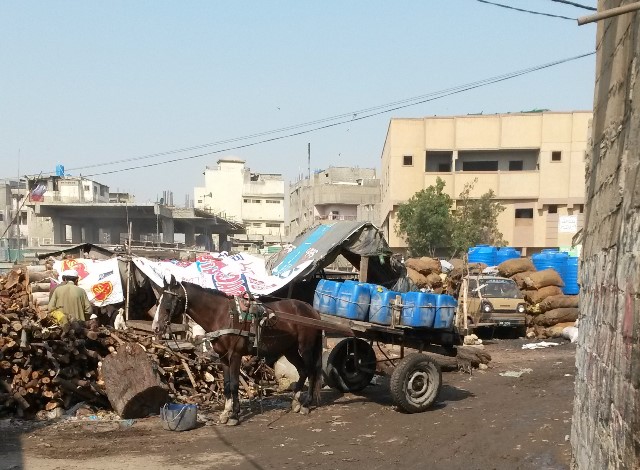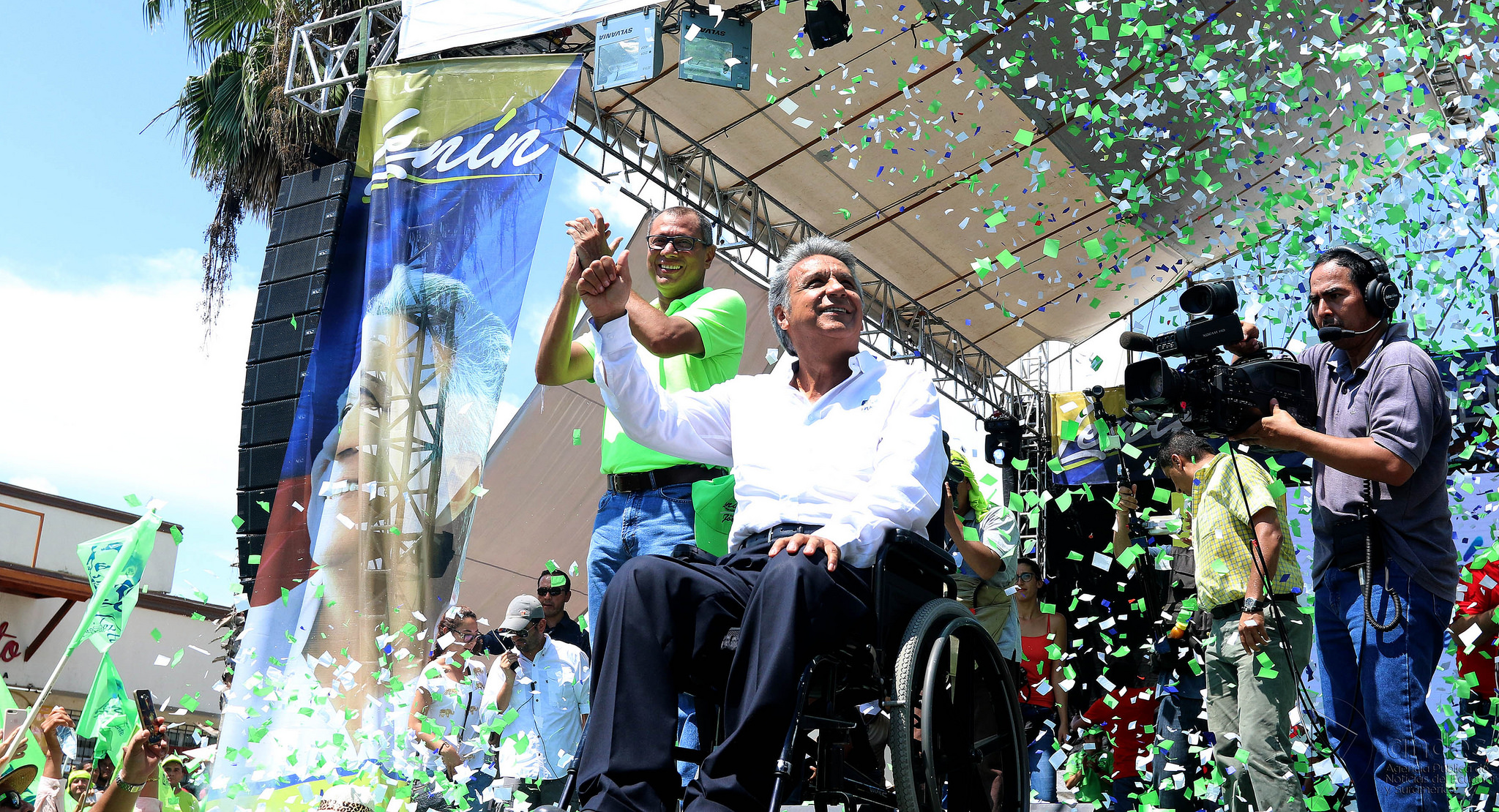In a post originally written for the LSE Careers blog MSc Development Management student Sharifah Sofia talks about entrepreneurship and being part of the first official team to represent LSE in the Hult Prize competition.
‘Let us dream the wildest possible dream and then pursue it. Social business is creativity.’ – Professor Muhammad Yunus
Tips for social entrepreneurs
For budding social entrepreneurs, always remember to identify a problem – be it environmental degradation, maternal healthcare, malnutrition and so on, then channel your creative juices to invent a solution; one that is simple, scalable, feasible and affordable.
Never overcomplicate the issue at hand and be sure to understand your target group thoroughly – speak to them, engage them in the process, and tailor your solution to their specific needs. As a social entrepreneur, I’d say your intention, coupled with sound business knowledge, should drive your endeavor to tackle developmental problems, serving the beneficiaries to the best of your ability.
Take advantage of the role of technology in our lives, and leverage it where relevant in your social businesses. In terms of entrepreneurship as a whole, my advice would be to stay focused and never give up. Mind you, the journey will not be smooth sailing all along, there will be ups and downs, but with hard work, determination and humility, you will get there.
Being part of a social enterprise
On November 18 2015, as part of a team (The Catalyst) I was involved in pitching a social enterprise idea to tackle this year’s Hult Prize challenge on Crowded Urban Spaces.
Since 2009, the Hult Prize, in partnership with the Clinton Global Initiative, has challenged students from across the globe to create social enterprises that will solve the most pressing issues of today. A different theme is put forth annually, and this year, the foundation calls students to examine crowded urban spaces. This year the focus is specifically on economic inclusion and doubling the incomes of people who live in some of the toughest conditions in the world by 2022.
Our distinguished panel of 12 judges included politicians, academics, private sector professionals and even the Nobel Prize winner in Economics, Sir Christopher Pissarides! We only had a short eight minute pitch to convince the judges that our idea (to be piloted in Jakarta, the hometown of my fellow teammate) is feasible, scalable, and highly impactful. Now, we’re one step closer to the $1,000,000 in seed funding from the Hult Prize. We are also the first official team to represent LSE in the competition.
March 2016 will see us off to the regional round in Shanghai, where we are now up against 39 other teams! We’re hard at work preparing for the next round, and are currently launching our pilots in both Jakarta and London.
This is just the beginning of a very rewarding and challenging journey, so please keep an eye out on this space! We’ll do LSE proud!
The video below gives an insight into the the impact of the Hult Prize
If you’d like to learn more about entrepreneurship at LSE, learn more on LSE Generate’s website. You can also browse and book upcoming events on CareerHub (including those focusing on social enterpreneurship) and follow @LSEGenerate to keep up to date!





